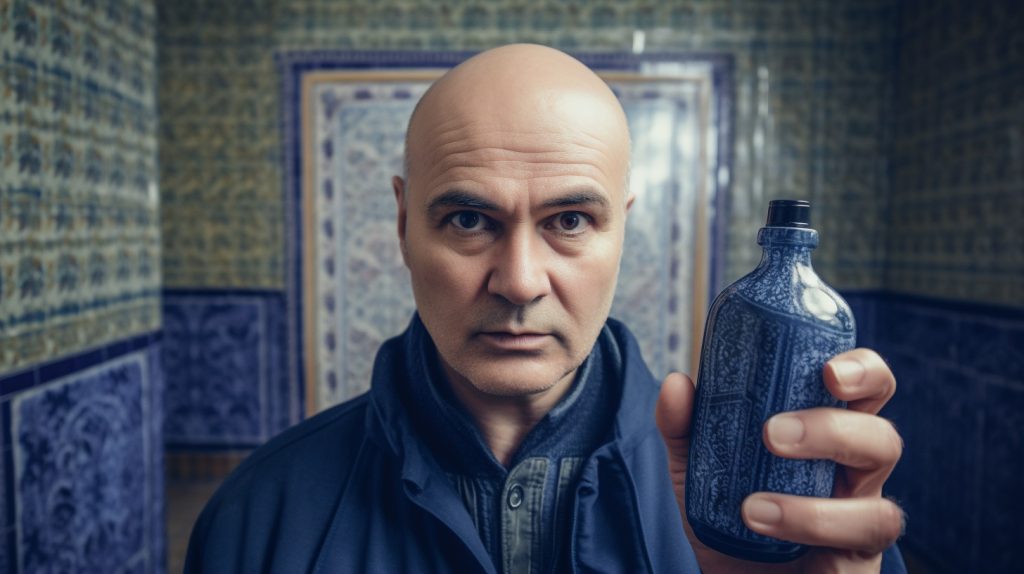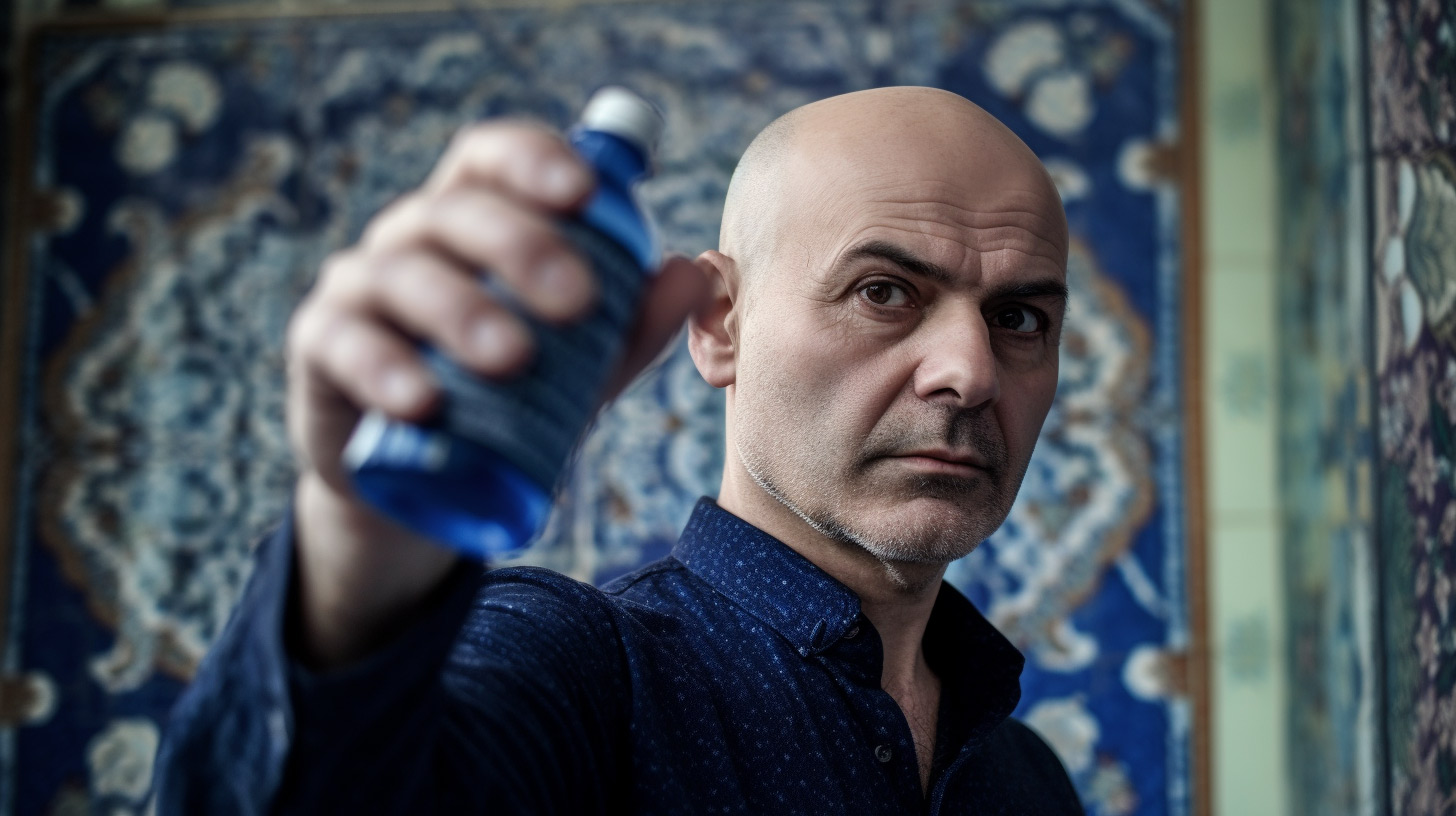Hair loss is a common concern for many individuals, and finding the right shampoo can be crucial in maintaining healthy hair. With an array of options available, one question often arises: which type of shampoo is more beneficial for hair loss? This article aims to provide a comprehensive analysis of sulfated and sulfate-free shampoos, highlighting their impact on hair health and exploring their effectiveness in combating hair loss.
Understanding Sulfated Shampoos
Sulfated shampoos, also known as sulfate-containing shampoos, are widely used in the market. These shampoos contain sodium lauryl sulfate (SLS) or sodium laureth sulfate (SLES), which are surfactants responsible for producing lather. While sulfated shampoos effectively remove dirt and oil from the hair, they can also strip away natural oils, potentially leading to dryness and damage.
The Drawbacks of Sulfated Shampoos
Sulfated shampoos can be harsh on the scalp, leading to irritation and inflammation. They may disrupt the delicate balance of the scalp’s microbiome, causing further hair and scalp problems. The excessive lathering effect of sulfates can also lead to hair shaft weakening and increased hair breakage, exacerbating the issue of hair loss.
Introducing Sulfate-Free Shampoos
Sulfate-free shampoos are formulated without sulfates and instead rely on milder surfactants or natural ingredients to cleanse the hair. These shampoos are gaining popularity due to their gentle nature and potential benefits for hair health. Sulfate-free options are less likely to cause scalp irritation, maintain the scalp’s natural pH balance, and help retain moisture in the hair.
The Benefits of Sulfate-Free Shampoos
Sulfate-free shampoos offer several advantages for individuals experiencing hair loss. By preserving the hair’s natural oils, these shampoos can help nourish and strengthen the hair follicles, promoting healthier hair growth. The gentle cleansing action of sulfate-free formulas can also reduce hair breakage and protect the scalp from irritation, creating a favorable environment for hair regeneration.
Factors to Consider
When choosing between sulfated and sulfate-free shampoos, several factors should be taken into account. Firstly, individuals with sensitive scalps or dry hair may benefit more from sulfate-free options. Secondly, considering the specific cause of hair loss is crucial, as certain conditions may require specialized shampoos or treatments. Lastly, personal preferences and hair type should be considered to determine the most suitable shampoo for an individual’s needs.
The Importance of Overall Hair Care
While the choice between sulfated and sulfate-free shampoos plays a role in hair health, it is essential to remember that hair care extends beyond just the shampoo used. A holistic approach, including a balanced diet, proper hydration, reduced heat and chemical styling, and regular scalp massages, can significantly impact hair growth and reduce hair loss.

Does Gender Impact the Choice of Shampoo?
When it comes to hair loss, gender can play a role in determining the most suitable shampoo. Both men and women can experience hair loss, but the underlying causes and patterns may differ.
For men, the most common form of hair loss is male pattern baldness, characterized by a receding hairline and thinning on the crown of the head. In such cases, choosing a shampoo that promotes hair growth and strengthens the hair follicles becomes crucial. Sulfate-free shampoos can be beneficial in nourishing the scalp, reducing inflammation, and supporting healthy hair growth.
On the other hand, women may experience various types of hair loss, including hormonal imbalances, postpartum shedding, or certain medical conditions. Understanding the underlying cause of hair loss is essential in selecting the appropriate shampoo. Sulfate-free shampoos can help maintain the overall health of the hair and scalp, providing a favorable environment for regrowth.
However, it is important to note that individual variations exist, and not all men or women will respond the same way to a particular shampoo. Consulting with a healthcare professional or a dermatologist can provide personalized guidance based on an individual’s specific hair loss concerns, regardless of gender.
By considering the unique hair loss patterns and potential underlying causes associated with gender, individuals can make informed decisions about whether sulfated or sulfate-free shampoos are more suitable for their specific needs.
The Best Choice for Oily Hair
If you have oily hair, selecting the right shampoo is crucial to manage excess oil production and maintain a fresh and balanced scalp. When it comes to oily hair, sulfate-free shampoos often emerge as the preferred choice.
Sulfate-free shampoos are typically milder and gentler on the scalp, making them suitable for individuals with oily hair. Unlike sulfated shampoos, which can strip away natural oils, sulfate-free options cleanse the hair without overstimulating the sebaceous glands, which are responsible for producing oil.
These shampoos help maintain the scalp’s natural pH balance, preventing it from becoming overly dry or oily. By using sulfate-free shampoos, you can avoid triggering an excessive production of oil in response to the scalp being stripped of its natural oils.
Furthermore, sulfate-free shampoos often contain ingredients like tea tree oil, aloe vera, or witch hazel, which have natural astringent properties and can help regulate sebum production. They provide effective cleansing while keeping the scalp moisturized and balanced.
When choosing a sulfate-free shampoo for oily hair, look for products specifically formulated for oily or greasy hair types. These formulations usually mention oil control, balancing, or clarifying properties on their labels.
Remember, everyone’s hair is unique, and it may take some experimentation to find the sulfate-free shampoo that works best for your oily hair. It is recommended to test different products and observe how your hair responds to determine the most suitable option for you.
Conclusion
In the debate of sulfated versus sulfate-free shampoos for hair loss, the answer is not black and white. While sulfated shampoos may offer effective cleansing, sulfate-free options tend to be gentler on the scalp and hair. Ultimately, choosing the right shampoo for hair loss requires consideration of individual hair type, scalp condition, and personal preferences. Consulting with a dermatologist or hair care professional can provide personalized guidance and recommendations tailored to one’s specific needs.
FAQ
Are sulfated shampoos suitable for hair loss?
Sulfated shampoos may not be ideal for hair loss as they can strip away natural oils and potentially worsen the condition.
Can sulfate-free shampoos help with hair growth?
Sulfate-free shampoos can create a healthier environment for hair growth by nourishing the hair follicles and reducing scalp irritation.
Do sulfated shampoos cause dryness?
Yes, sulfated shampoos can lead to dryness as they can remove natural oils from the scalp and hair.
Are sulfate-free shampoos gentle on the scalp?
Yes, sulfate-free shampoos are generally milder and gentler on the scalp, making them suitable for those with sensitive scalps.
Can sulfate-free shampoos control oily hair?
Yes, sulfate-free shampoos can help regulate oil production and balance the scalp, making them a good choice for managing oily hair.

